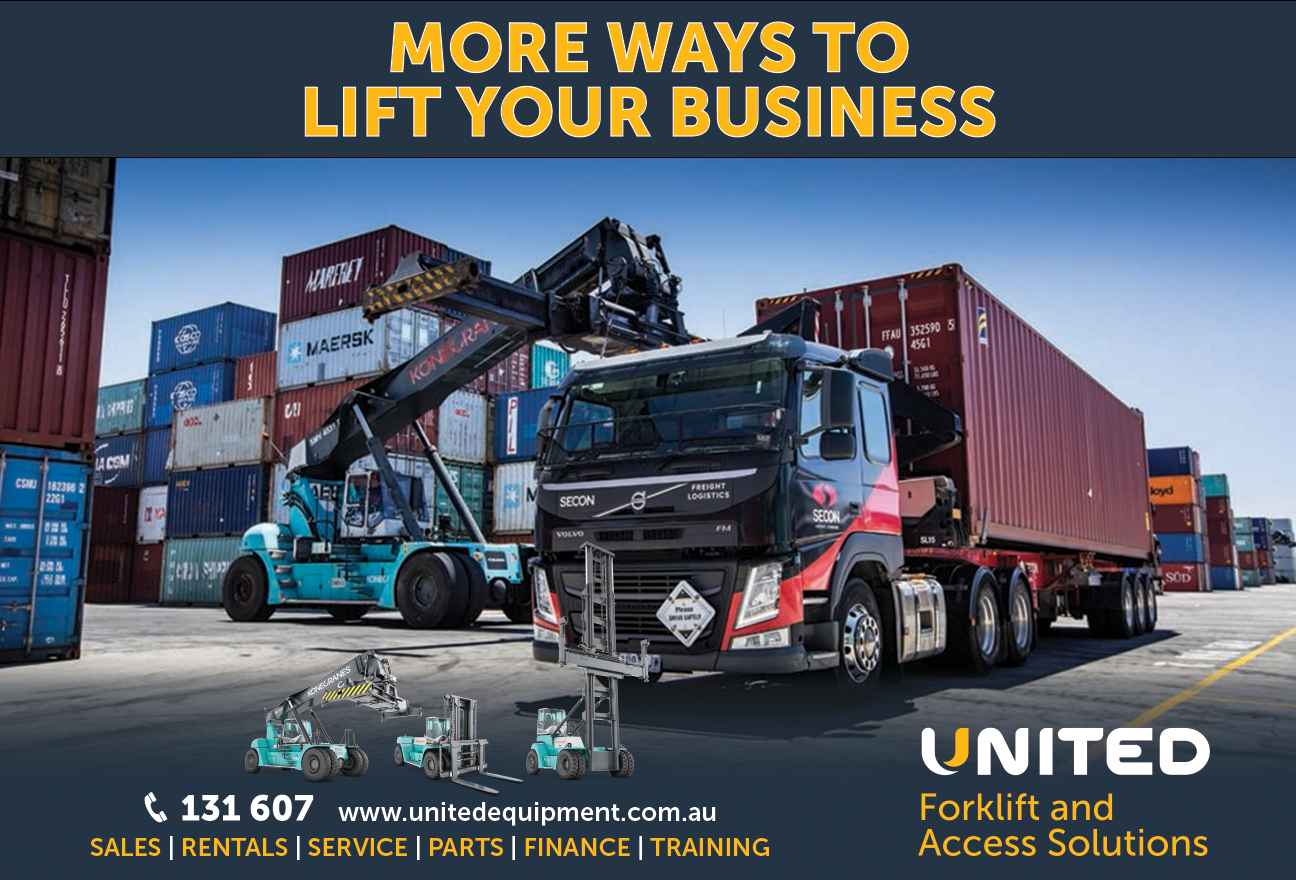It may not seem a natural comparison to draw, but when you listen to Daniel Considine liken a logistics business to the workings of the human body, it starts to make perfect sense.
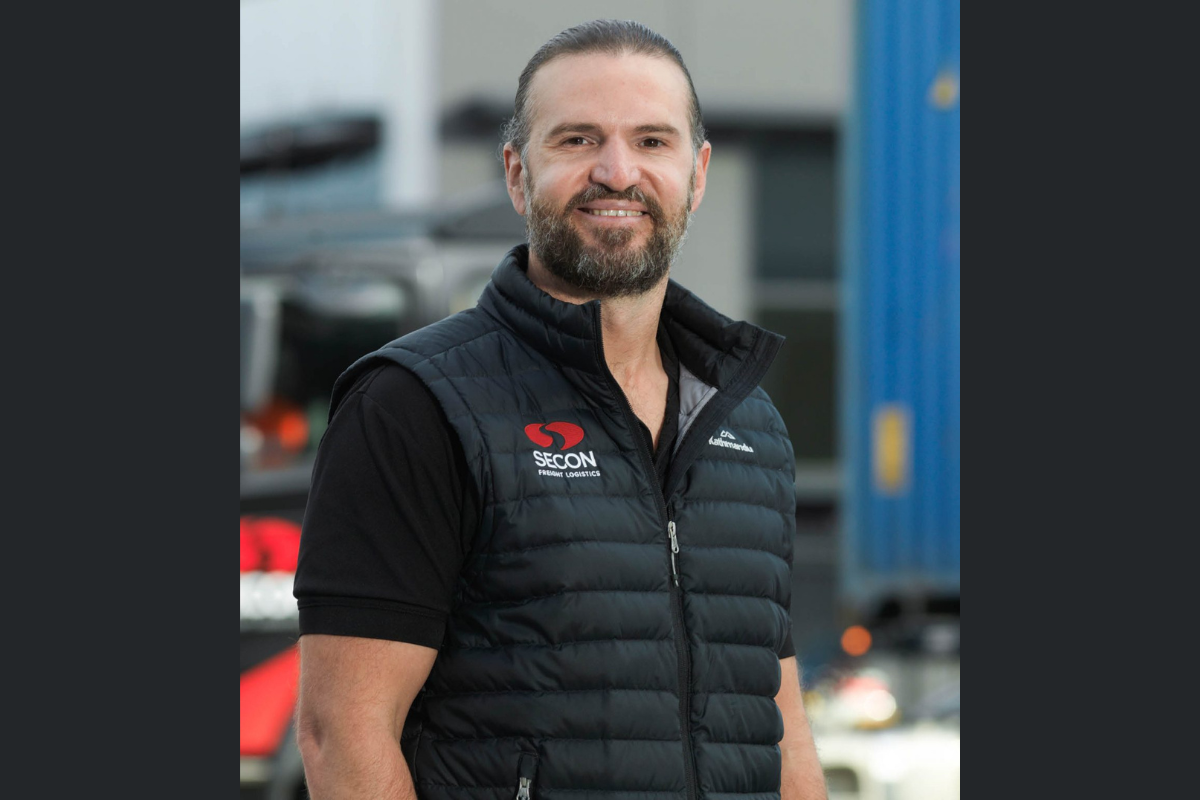
And he should know. He is, after all, well versed in both.
Prior to his career with Australia-based Secon Freight Logistics, a career nearing 10 years now, Considine was an occupational therapist and injury management specialist.
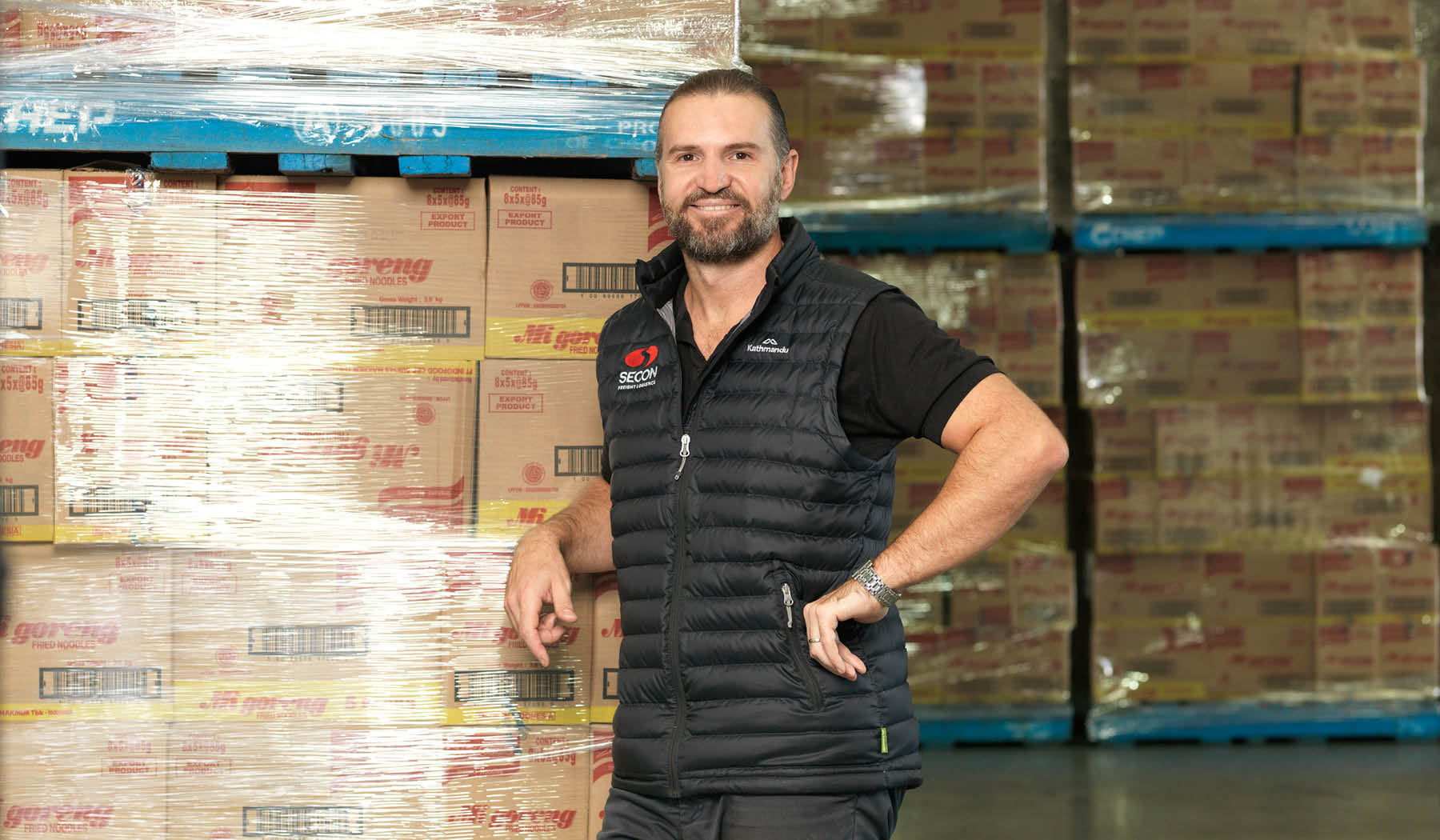
The human body works in harmony, and that’s exactly what we’re trying to achieve at Secon.
“I understand the human body better than I do logistics. Converting our supply chain into the anatomy and physiology of the human body helps me understand it,” the Secon CEO jokes to The CEO Magazine.
The analogy starts in the storage yard and the crane-like reach stackers that do the heavy lifting of containers. They are they heartbeat of the business, Considine explains. The containers themselves are the blood, flowing as they do into and out of the yard.
The head office, meanwhile, is the brain, sending messages, neuron-style, to the various parts of the Secon operation, while customers are the muscles, ultimately responsible for the firm’s strength.
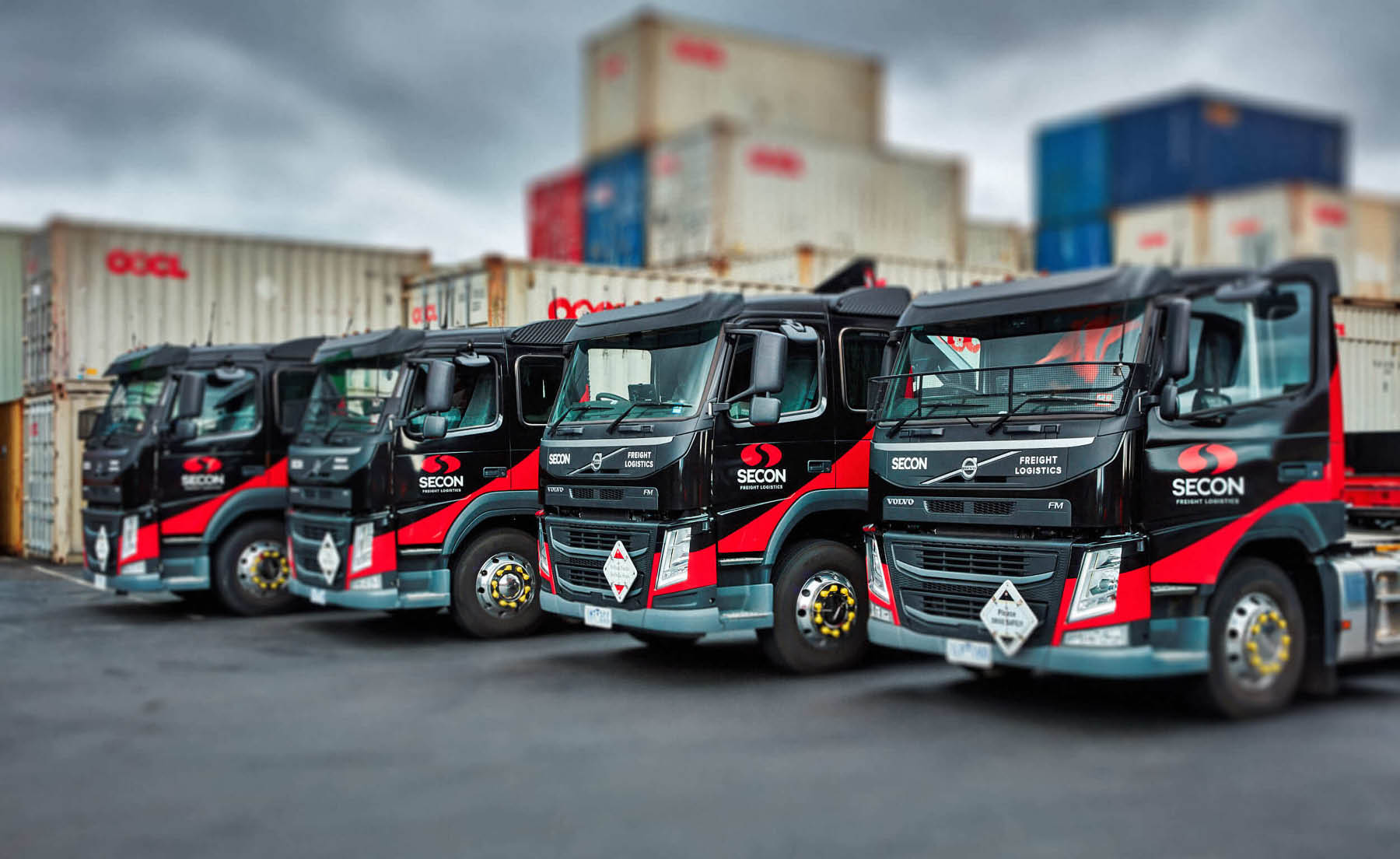
As the comparison continues, it becomes clear what Considine is driving at.
“We use the analogy at work to give our reach stacker drivers an understanding of the importance of the role they play,” he says. “They determine the flow of the containers – the blood – through to our customers. It’s a perfect analogy. The human body works in harmony, and that’s exactly what we’re trying to achieve at Secon.”
Happy workers, happy workplace
In a business setting, of course, harmony is only achieved if you have the personnel to make it so. And at Secon, there appears to be no issue on that score.
Considine speaks proudly of the sociable atmosphere that exists at Secon, the creation of a gardening club perhaps best illustrating the convivial nature of the workplace. Such an environment, he suggests, is the team’s greatest achievement.
“The team has created an environment where they are all happy to work. And that’s not me creating it, it’s driven by them,” he stresses.
“To have a work environment that everyone enjoys is special. There’s genuine friendships, and that’s something we’re most proud of. To come together and create social clubs and gardening clubs and all these things has been powerful. And the business has benefited.”
There is ongoing dialogue with staff to ensure they enjoy their employment, he says, noting that work takes up a good proportion of our waking hours.
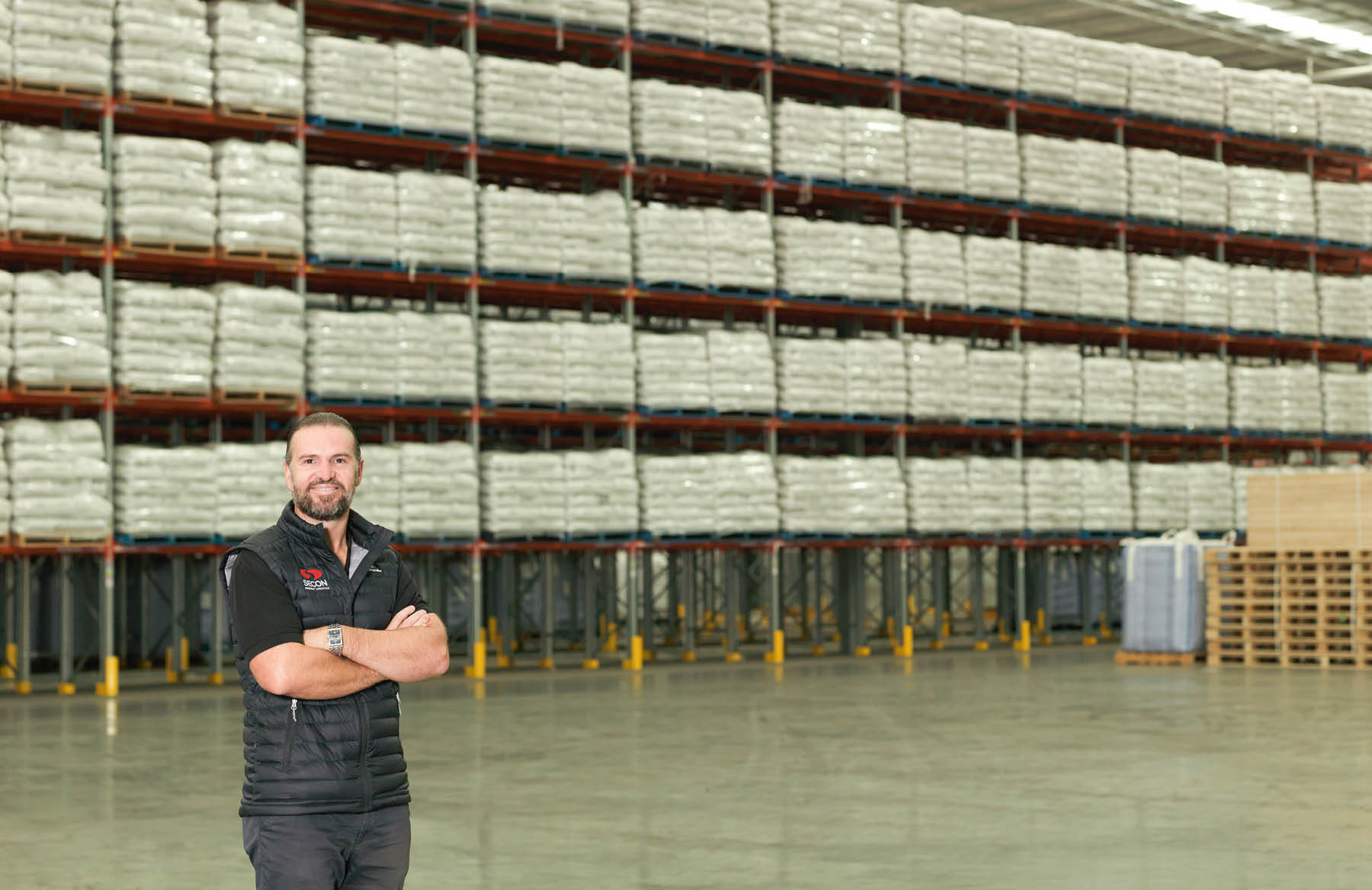
To have a work environment that everyone enjoys is special. There’s genuine friendships, and that’s something we’re most proud of.
“We spend more time at work than we do with our families, so people need to enjoy what they’re doing, and we’re always talking to them about how we can improve,” he says.
Considine adopts a different, though equally pertinent analogy, as he discusses the workplace and the need for constant progress.
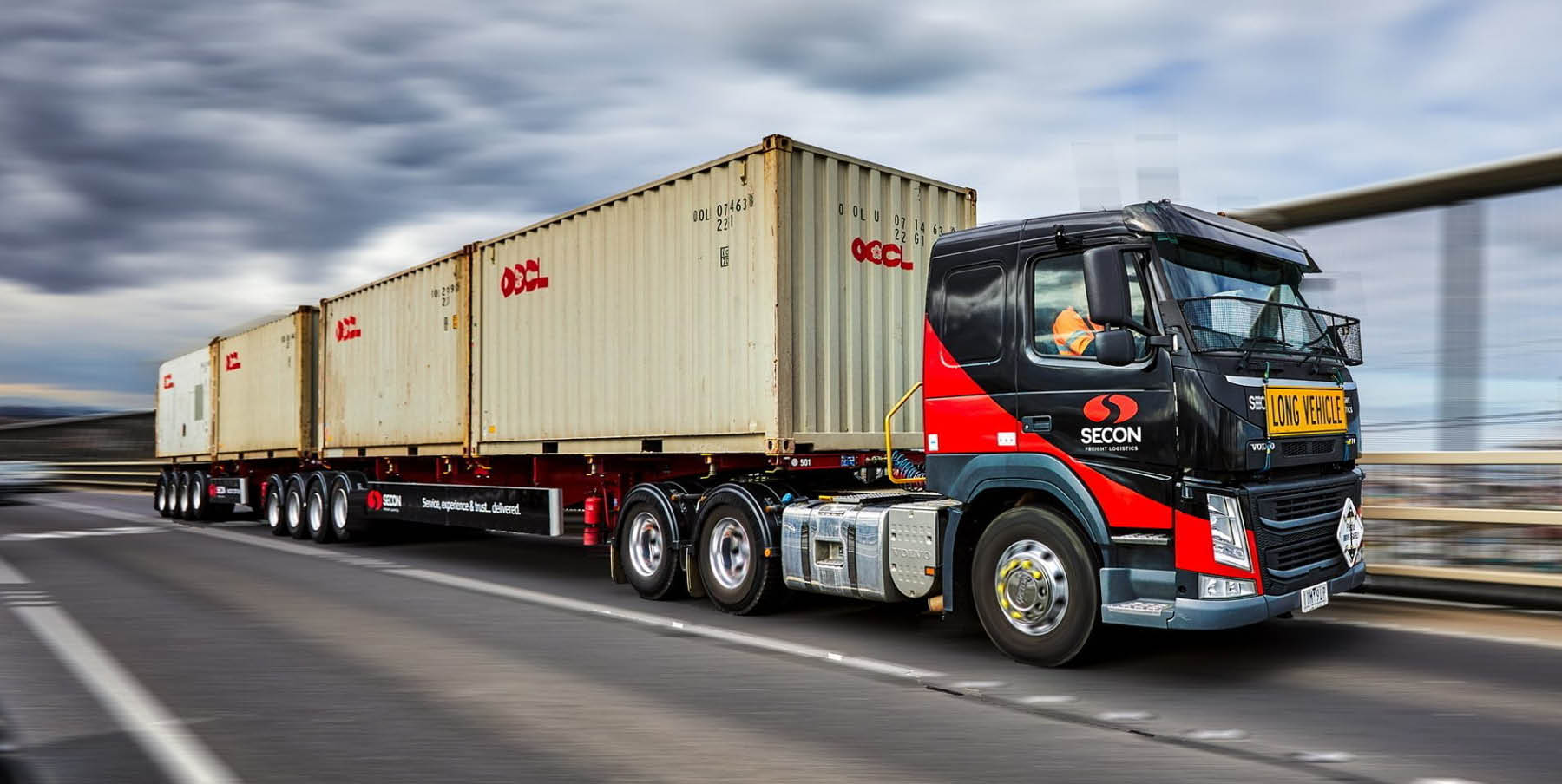
“Stagnant water grows mold, it becomes unpalatable, it needs to flow,” he says. “Business is the same. You have to keep it flowing, keep moving forward, otherwise it, too, will become stagnant.”
That particularly resonates with younger generations who are driven not by dollars and status, but by meaning, purpose and progress. If they can’t see what they’re doing matters, they will move on, Considine believes.
“I don’t think the younger generation wants to waste time,” he says. “They want to have an impact and to see that impact.”
Respecting suppliers
As positive an influence as younger members have on the dynamics of the workplace, it is an older, family source from where Considine takes some of his salient learnings. He recalls how his grandfather taught him the importance of putting suppliers on an equal footing with customers.
“He told me that we need to treat suppliers just as well as our customers,” Considine says. “And that’s want we do.”
One such strategic partner is United Equipment, which supplies Considine with lifting machinery, a vital cog in the Secon wheel.
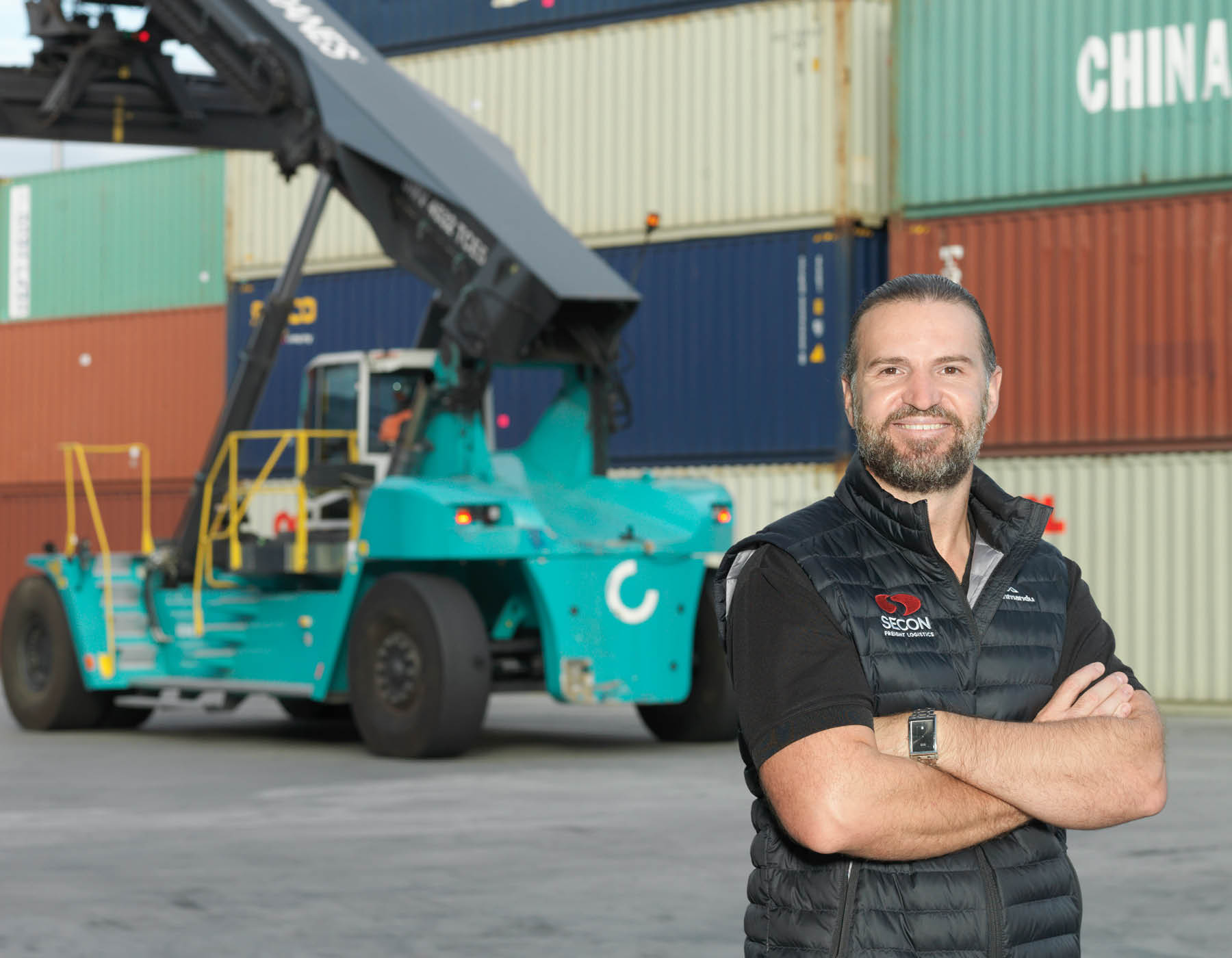
I don’t think the younger generation wants to waste time. They want to have an impact and to see that impact.
“They are critical for us, and we are about to purchase another reach stacker from United,” he says.
More orders may materialize down the track, particularly with Secon embarking on a major expansion of its container yard in west Melbourne. Construction is due to finish in December, with the project set to grow the firm’s capacity by 40 percent.
Such expansion is testament to the growth the company has experienced. But Considine gives the plaudits to the workforce, using yet another reference to the human body.
“It’s their efforts and their drive that are the backbone of our success,” Considine says.

